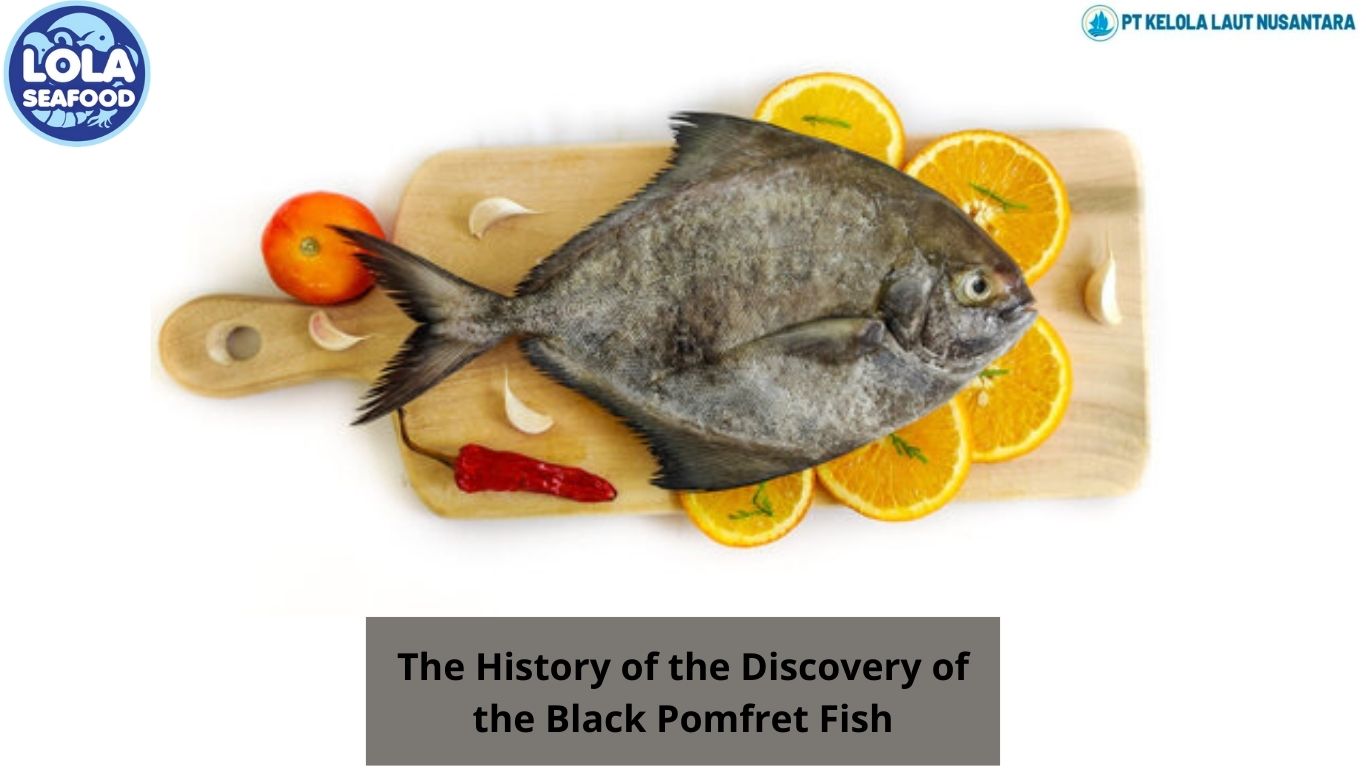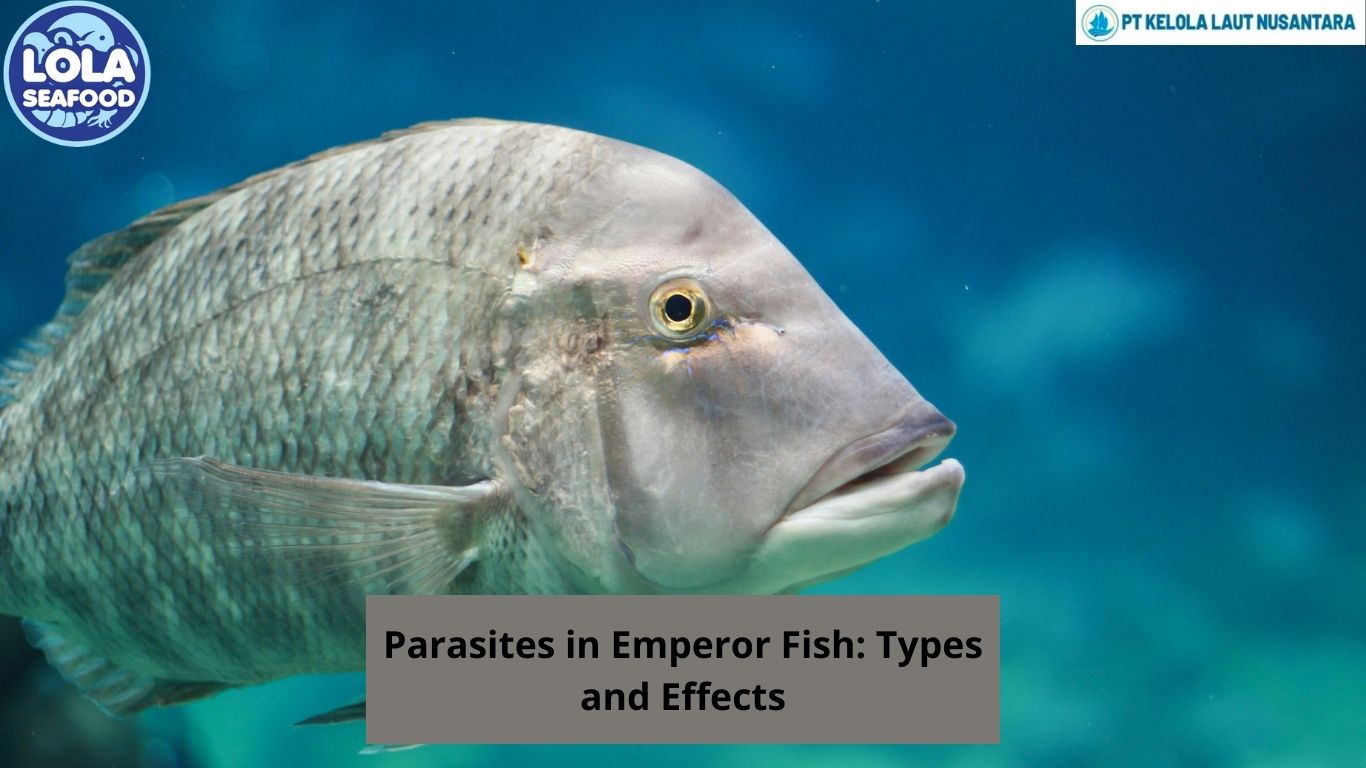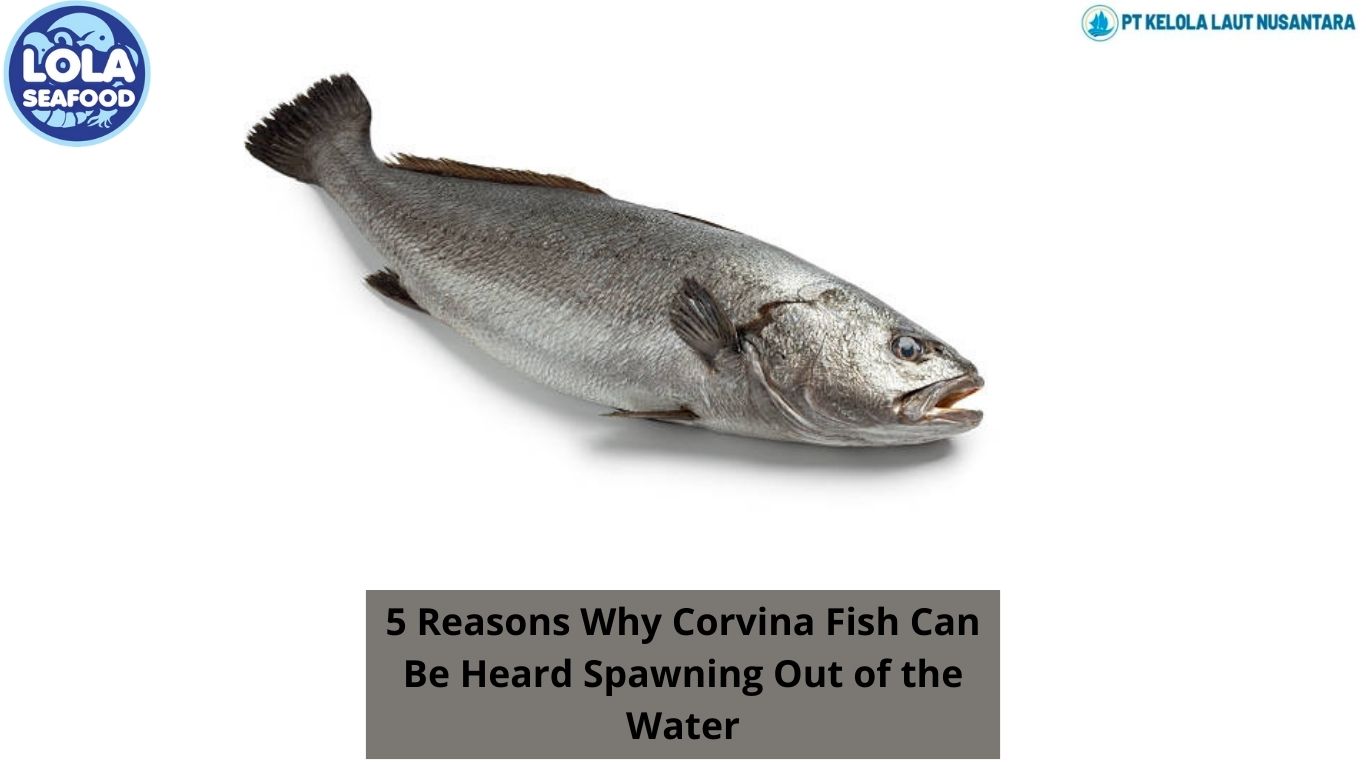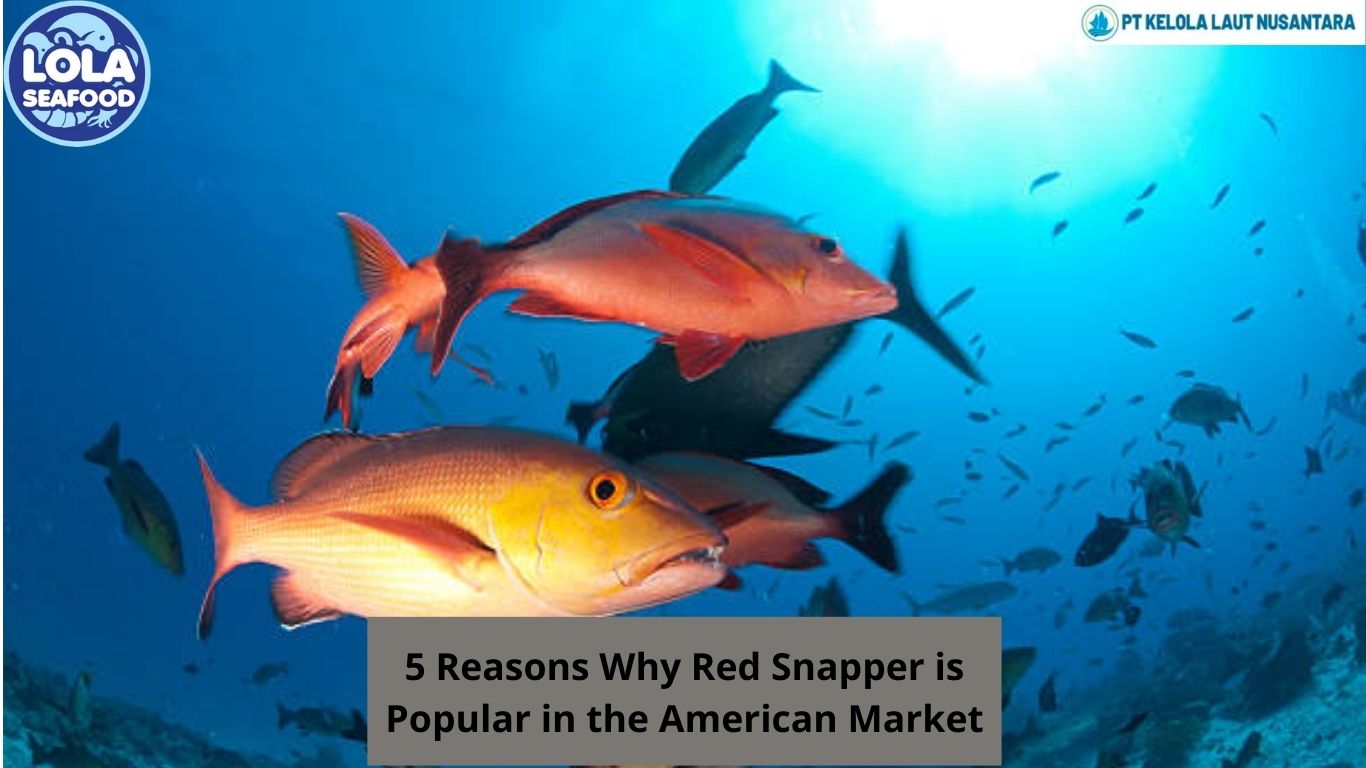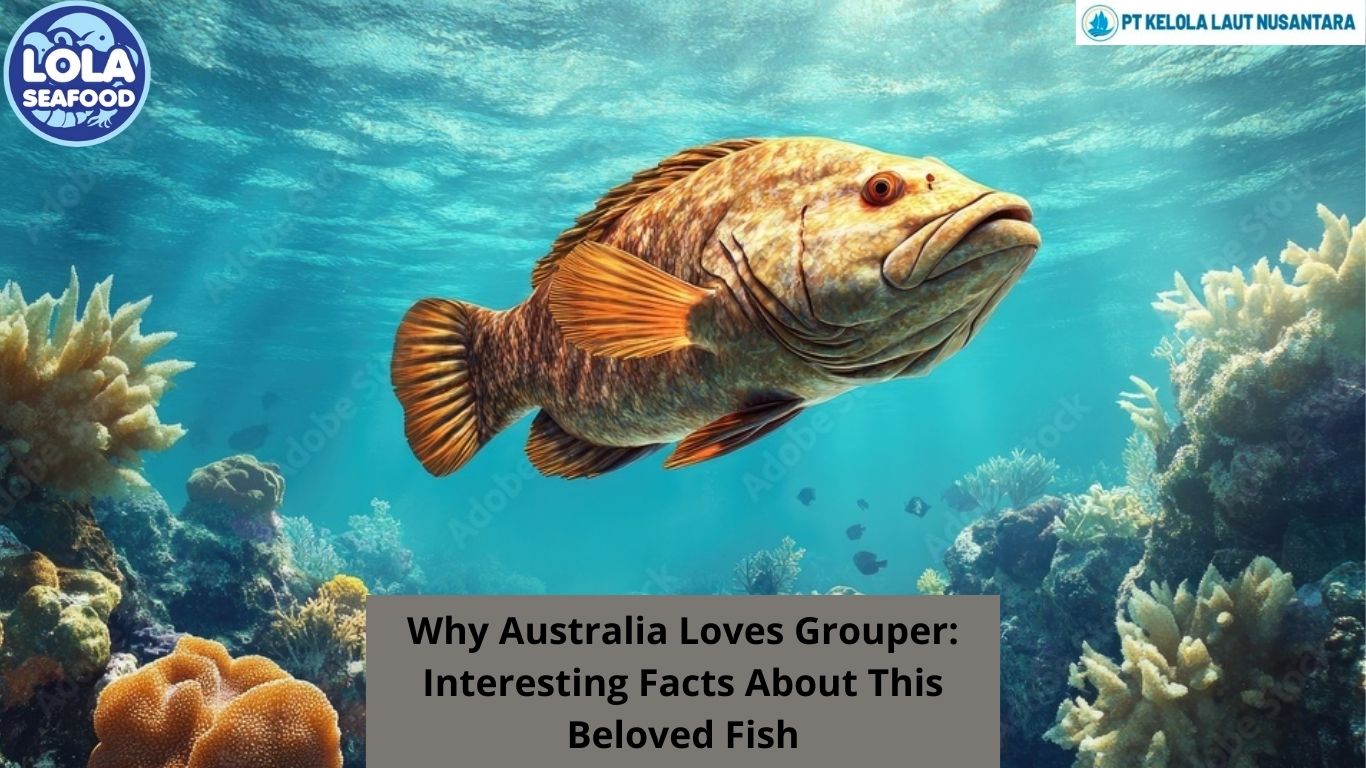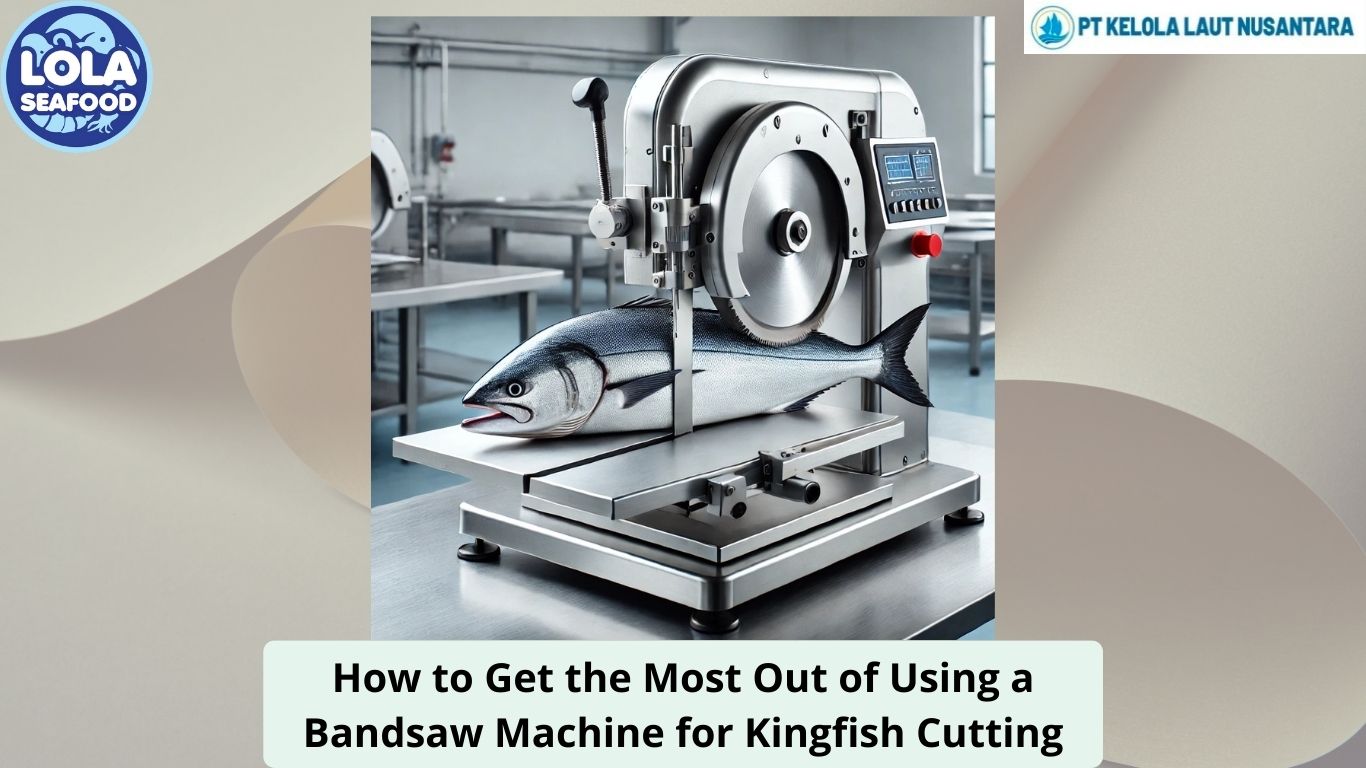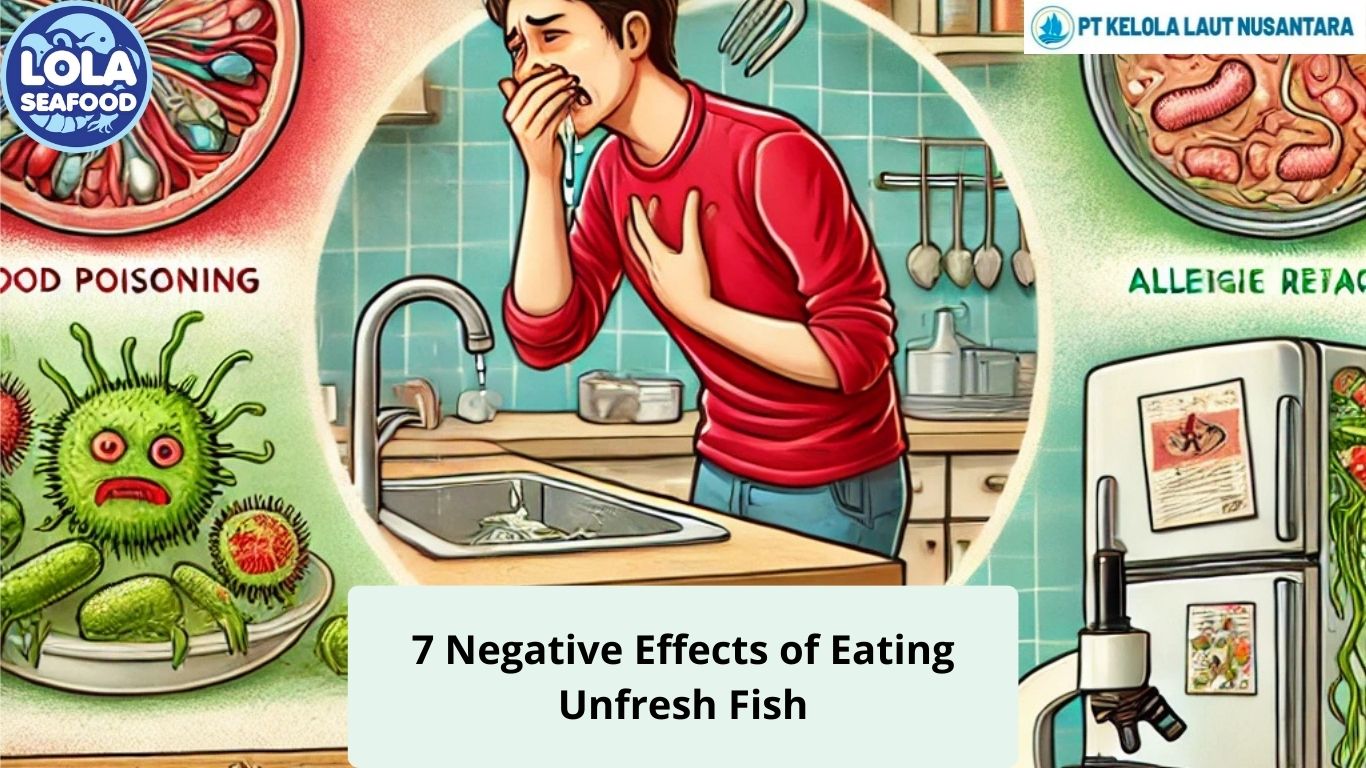Australian Fisheries Export: Requirements & Opportunities
By. Wiwik Rasmini - 03 Feb 2025
kelolalaut.com Australia is a promising market for Indonesian fishery products. As a country with high-quality standards, Australia offers significant opportunities for fishery entrepreneurs, provided they can meet the established requirements. Below is an overview of the requirements and opportunities for exporting to Australia in the fisheries sector:
Requirements for Exporting Fishery Products to Australia
- Registration and Certification
- Fishery products must originate from facilities registered and certified by Indonesian fishery authorities, such as the Fish Quarantine and Quality Control Agency (BKIPM).
- Hazard Analysis and Critical Control Points (HACCP) certification is essential to ensure food safety.
- Quarantine Requirements
- Australia has strict biosecurity regulations. Fishery products must undergo quarantine processes to ensure they are free from pests and diseases.
- Businesses must include health documents issued by relevant authorities in Indonesia.
- Labeling and Packaging Standards
- Products must be clearly labeled according to Australian standards, including information on nutritional content, product origin, and expiration dates.
- Packaging must be hygienic and capable of maintaining product quality during transportation.
- Import Permits in Australia
- Importers in Australia must have import permits issued by the Australian Department of Agriculture, Water, and the Environment.
- Indonesian businesses must also ensure their products comply with the list of goods permitted for import into Australia.
Opportunities for Exporting Fishery Products to Australia
- High Demand for Quality Fishery Products
- Australia has a high consumption rate of fishery products, especially seafood such as shrimp, tuna, crab, and fish fillets.
- Indonesian fishery products are known for their high quality and diversity, meeting Australia’s market needs.
- Geographical Proximity
- Indonesia’s proximity to Australia offers logistical advantages. Shorter shipping times can help maintain product freshness.
- Free Trade Agreement
- Indonesia and Australia have signed the Indonesia-Australia Comprehensive Economic Partnership Agreement (IA-CEPA), providing zero percent tariff access for certain fishery products.
- This enhances the competitiveness of Indonesian fishery products in the Australian market.
- Consumer Awareness of Sustainable Products
- Australian consumers are increasingly concerned about sustainable and eco-friendly products. This creates opportunities for Indonesian fishery products with eco-label certifications, such as the Marine Stewardship Council (MSC).
Challenges to Overcome
- Market Competition
- Products from other countries such as Thailand, Vietnam, and the Philippines are major competitors in the Australian market.
- Strict Quality Standards
- Entrepreneurs need to continuously improve product quality to meet the established standards.
- Logistics Costs
- Despite geographical proximity, logistics costs remain a challenge, especially for small and medium enterprises.
If you are interested in our corvina whole round, corvina fillet skin patch and corvina-croaker-jewfish fillet please do not hesitate to contact us through email and/or whatsapp
